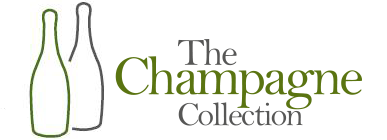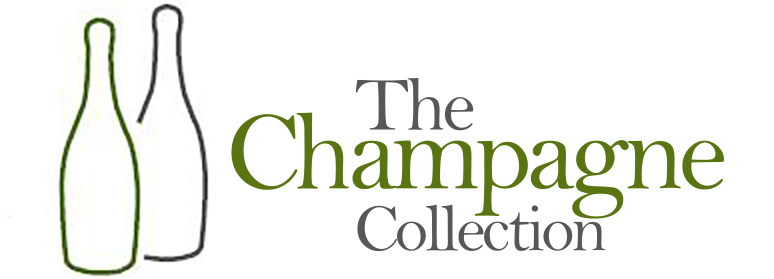DIFFICULTIES IN PROMOTING ARTISAN CHAMPAGNE AND CHAMPAGNE EVENTS DURING THE CURRENT CRISIS
As reported by Patrick Schmitt of the Drinks Business on 7 April, champagne sales have suffered a ‘huge decrease’ since the coronavirus lockdowns began but its also believed that this great marker of celebratory times could resume normal business towards the end of the year. The article quotes Comite Champagne President, Jean-Marie Barillere, who, whilst he recognises the ‘huge decrease in sales’ he also says he believes that the current ‘serious’ situation for champagne will be short lived.
As most gatherings over the next two months across Europe and the UK are cancelled or postponed and hospitality outlets remain closed, it should come as no surprise that champagne sales are considerably affected, particularly as the nations worst-hit by the pandemic are some of champagne’s biggest markets – Italy, Spain and the largest of all France.
Whilst some drinks such as entry level to mid-range wines and fortified wines are seeing a spike in demand through retailers (whether supermarkets or online drinks providers), champagne is not one of them. Champagne is of course not only tied to toasting wonderful moments, but also positioned primarily at the top end of the market so it was always going to suffer with the spread of a global health crisis, and the hit has been severe.
In the French market, which represents almost 50% of champagne sales by volume, the commentator said that closures in the hospitality sector represented losses of around one third of the market for champagne. Whilst unwilling to comment on direct sales it was also stated that the retail sector, which represents another third of the market, has taken a ‘huge hit’. This is likely to be replicated in the UK.
The smaller champagne producers, often referred to as Artisan or Growers, will be feeling the pinch as sales fall and current stocks in the cellars are higher than usual. It remains to be seen how they cope, they don’t have the huge volume sales losses the main Houses will suffer, but their export sales will almost certainly be hit as global demand falls. They are less dependent on the hospitality industry, with a heavier reliance on sales to end consumers through retail. With higher levels of stock some growers will be more concerned that the volume of grapes required to be harvested this year will be lower, thus ensuring average industry stock levels are maintained and avoiding over production. The agreed yield per hectare may mean lower volumes to sell to their customers, the main Houses. This may well impact the price per kilo later this year so it may not be for some time that the full effect ripples through the vineyards of Champagne.
Clearly this will be a challenging year and we will watch events closely to see what the final impact is on artisan champagne producers and houses whilst artisan champagne events are unable to take place.


